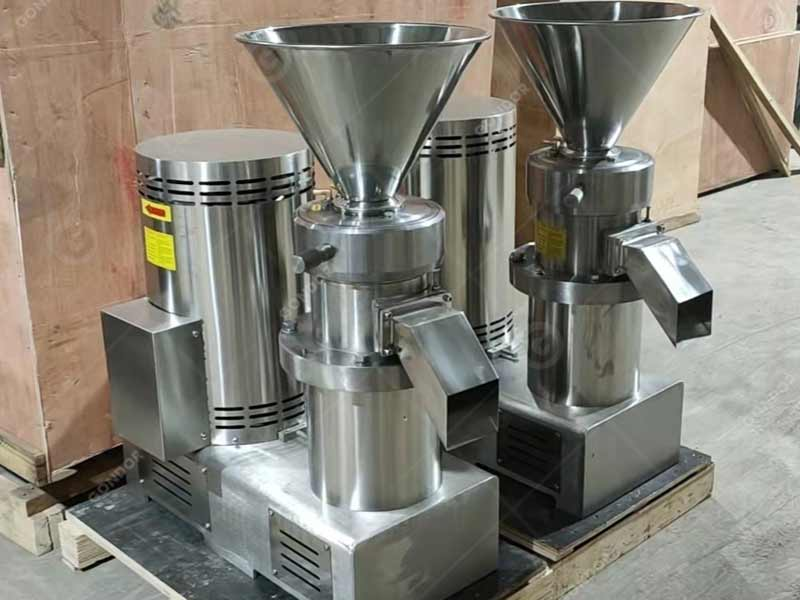Liquid Waterproofing Membrane: Flexible Protection for Modern Construction
- Admin

- Nov 17, 2025
- 2 min read

Picture this: you’re working on a project that requires a seamless waterproof barrier, especially around complex corners and details. You need something reliable, easy to apply, and long-lasting. This is where liquid waterproofing membranes stand out. Used across residential, commercial, and industrial builds, this system offers flexible protection without the limitations of traditional sheet options.
Seamless Coverage
One of the biggest advantages of liquid membranes is their ability to form a single, continuous layer. Applied by roller, brush, or spray, the liquid cures into an elastic, joint-free coating. This eliminates weak points and makes it ideal for irregular shapes, pipe penetrations, and hard-to-reach areas.
Highly Flexible
Liquid waterproofing membranes move with the structure. They can stretch, flex, and adapt to temperature changes without cracking. This flexibility makes them suitable for rooftops, balconies, planter boxes, and areas exposed to expansion and contraction.
Strong Adhesion
Liquid membranes bond directly to concrete, masonry, metal, and existing coatings. This strong adhesion creates a secure moisture barrier that stays intact even under constant exposure to water. With proper surface preparation, the membrane forms a durable protective layer.
Easy Application
Liquid application simplifies installation. There’s no need for heat welding or joining multiple sheets. Once the surface is ready, the liquid is applied in layers until the required thickness is achieved. This reduces installation time and supports faster project progress.
Suitable for Various Areas
Liquid waterproofing membranes are used across multiple applications, including rooftops, balconies, retaining walls, bathrooms, and planter boxes. Their versatility makes them a cost-effective choice for both new builds and refurbishments.
Long-Term Performance
Engineered to resist UV exposure, weathering, and chemical elements, liquid membranes offer long-lasting protection. Once cured, they provide a durable shield that prevents leaks and water ingress, supporting the structural integrity of the building.
Conclusion
For projects requiring seamless coverage, flexibility, and strong adhesion, a liquid waterproofing membrane provides a dependable solution. Easy to apply and highly adaptable, it delivers lasting moisture protection across a wide range of construction environments.
FAQs
Q. Can liquid waterproofing membranes be applied over existing surfaces?
Yes, they can be used over concrete, tiles, and certain existing coatings with proper preparation.
Q. How long does it take to dry?
Drying time varies by product, but most membranes cure within 24–48 hours.
Q. Are liquid membranes UV-resistant?
Many liquid systems are UV-stable, making them suitable for exposed areas like rooftops and balconies.
Q. Do liquid waterproofing membranes require maintenance?
Routine inspections help ensure the membrane remains intact, but once applied correctly, maintenance is minimal.
Q. Where are liquid membranes commonly used?
They are widely used on roofs, wet rooms, planter boxes, retaining walls, podium slabs, and external balconies.








Comments